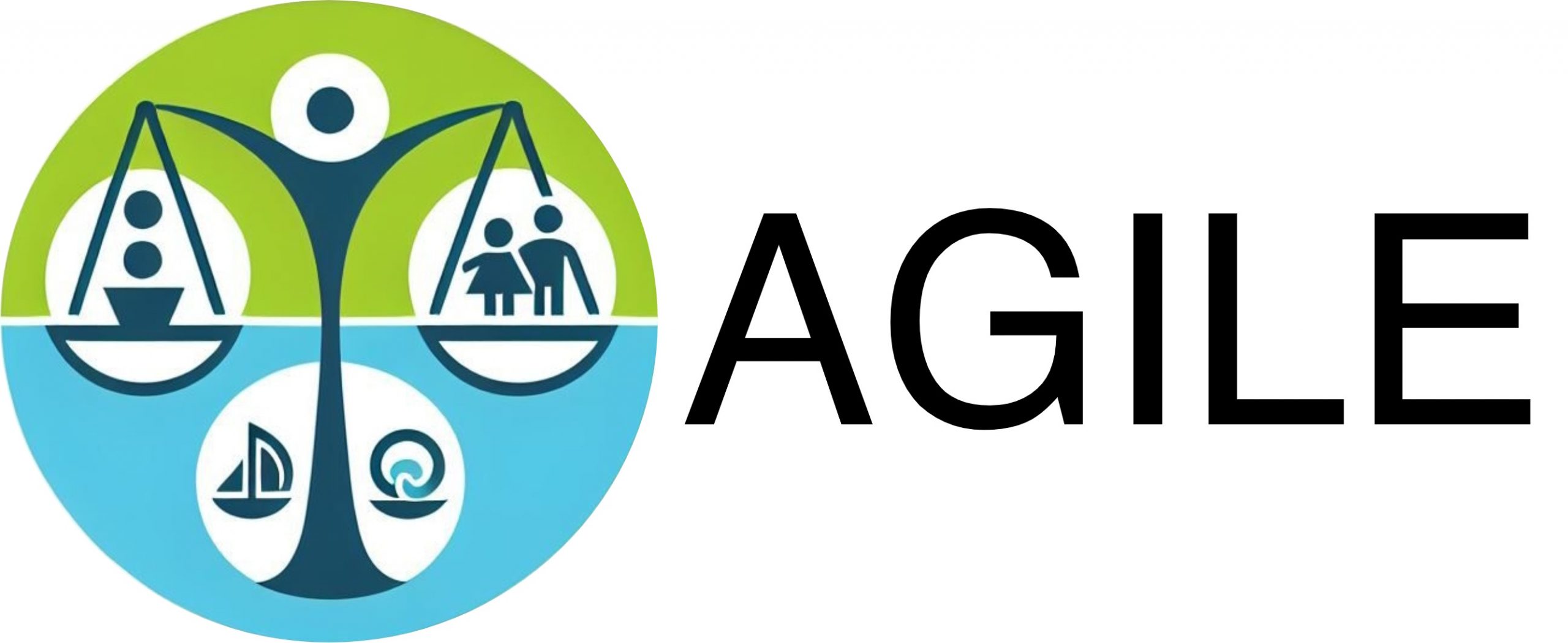
AGILE
Achieving Work-Life Balance: Citizens, Policies, and Firm Perspectives
Shifting Work-Life Balance: Exploring Policies, Practices, and Perspectives Across Europe
In Denmark and across the EU, employment rates have never been higher, while the actual working week has never been shorter. We may be witnessing a paradigmatic shift in work-life balance policies and practices among men and women. The EU’s directive on work-life balance – completed by member states in late 2022 – represents a milestone, as it reserves well-paid leave for fathers and introduces flexible work arrangements. This study focuses on reserved and well-paid parental leave, as well as the flexibility in work, entailing possibilities for telework, flexibility in scheduling work, as well as reduced working hours. In order to develop this empirical inquiry and its theorization, AGILE work-life balance integrates gender in its analysis as a cross-cutting theme. It examines work- life balance from a citizen and country-level perspective in 4 different welfare state regimes: Denmark, Italy, Poland and Ireland. WP 1 focuses on citizens perspectives on work-life balance. Data in WP 1 will be collected through a cross-country survey and focus group interviews. Qualitative as well as quantitative data analysis techniques will be applied. WP 2 focuses on policies and outcomes in four countries, examining take up rates before and after the implementation of the EU’s WLBD via an analysis of policy design across EU countries (via EU implementation documents) and two Eurostat surveys on take-up rates. It then complements this cross-country analysis with in-depth focused structured analyses to understand differentiated take-up rates beyond policy design. WP 3 focuses on firm level practices. It selects 12 firms in Denmark and 12 in the EU, to understand the role of leaders and HR departments in facilitating or hindering work-life balance policy. It complements the case study analyses with textual analysis across more units of analysis (firms). WP 4 develops teaching material that will be used in current and future courses in a business school setting. The project has the ambition to develop a novel theorization of work-life balance, where WPs 1, 2 and 3 iteratively contribute new empirical insights about work-life balance, while WP5 on theorization, iteratively feeds into the empirical WPs.
About the Project
Explore the key objectives, methodologies, and findings of our research project. Discover how we examine the evolving landscape of work-life balance across Europe and its impact on citizens, policies, and businesses
Publications
Access our latest publications, including articles, reports, and working papers, that delve into the dynamics of work-life balance and its implications for individuals, organizations, and policymakers.
Seminars
Our regular work-in progress seminar is open for team members as well as colleagues working on work-life balance. For each seminar we have a designated discussant, as well as comments from all participants, who are expected to have read the paper in advance.
Get in touch.
If you have any questions or inquiries, do not hesitate to reach out.
